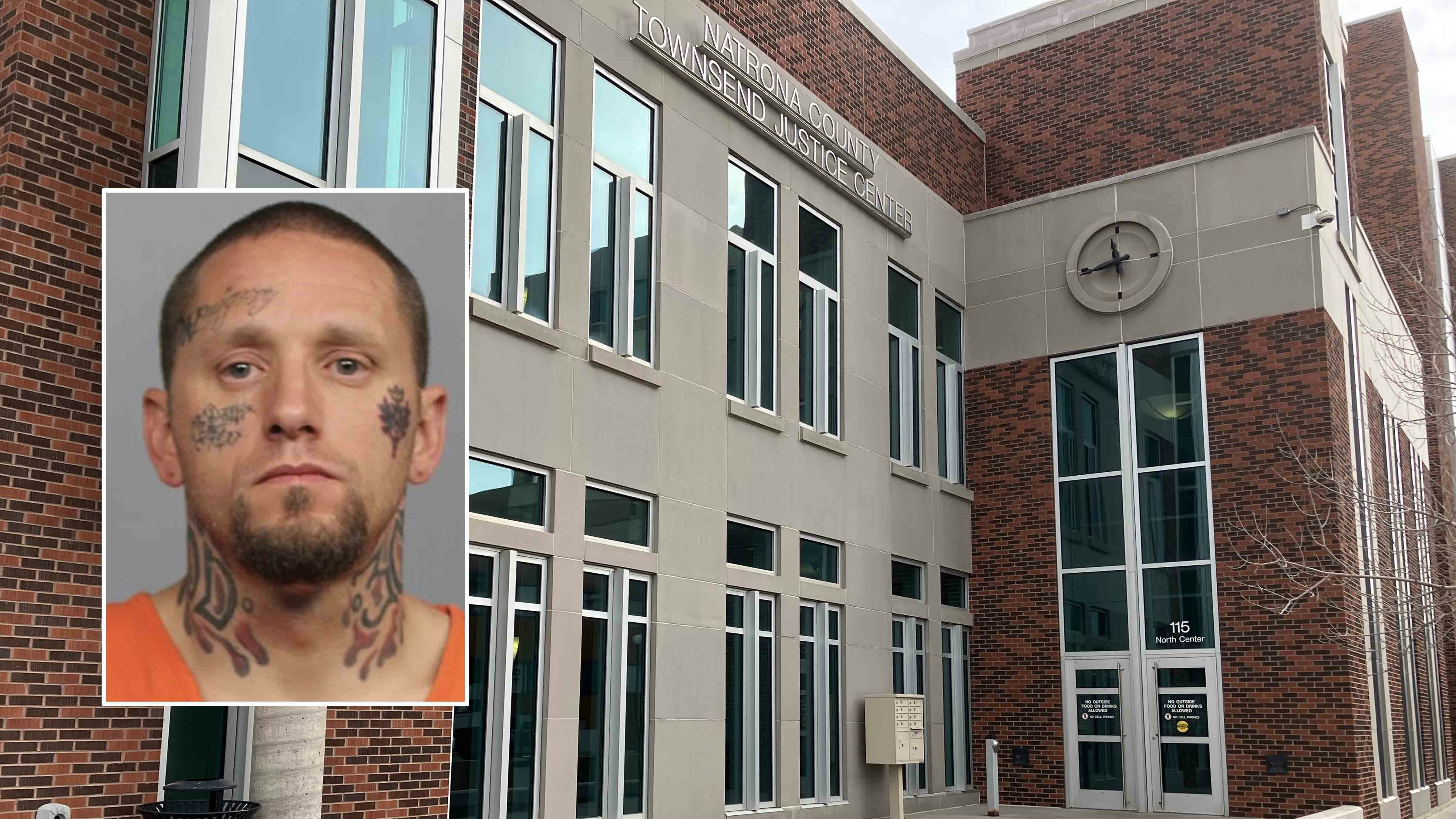Three political candidates who were denied the chance to launch general-election campaigns after they failed to win their parties’ nominations in last year’s primary election are challenging two Wyoming laws as unconstitutional.
The Wyoming Supreme Court is considering their complaint, and whether the state’s “sore loser” statute is keeping failed primary-election candidates from running as independent candidates in the general election. The complaint asserts that the law violates the state Constitution’s broad promises to candidates and voters.
The high court took up the case Monday at the request of Laramie County District Court Judge Steven Sharpe. The judge said in a December filing that it’s better to have clarity from the High Court now than in a post-case appeal.
The two laws challenged are 22-5-215, which restricts write-in candidate appearances on the general election ballot, and 22-5-302, the state’s “sore loser law.” It keeps failed primary-election candidates from rallying a petition to run in the general election for the same office.
“(These laws) impermissibly condition the rights of otherwise qualified Wyoming candidates to run for office,” says a complaint by the voters and candidates challenging the law.
Originally launched in August, the case was brought by 2024 primary election candidate Matt Malcom, who ran as a Republican for Cheyenne’s House District 61, and former Independent state legislator Jim Roscoe, who alleged the laws disenfranchise Independents in the state.
Guernsey Fire Chief Jeff Thomas and former Jackson City Council member Jim Rooks — plus people who wanted to vote for them — joined the lawsuit in September.
Thomas ran for the Republican nomination in state House District 4 and lost in the primary.
Rooks lost the Democratic nomination in the primary election during his bid for a seat on the Teton County Commission.
All three political candidates tried waging petition campaigns to appear on the general election ballot after that, and the office of the Wyoming Secretary of State blocked all three, citing 22-5-215, or 302, or both, according to court documents.
The plaintiffs claim this violates Article 1, Section 3, of the Wyoming Constitution, which promises “political equality” across differing circumstances and conditions.
The lawsuit also takes a jab at a recent ban on switching parties right before a primary election, saying one of Rooks’ family members couldn’t vote for him in the primary election because she wasn’t a registered Democrat. In fact, Rooks told Cowboy State Daily, hundreds of non-Democrats wanted to vote for him and couldn't.
‘For A Good Reason’
Secretary of State Chuck Gray, who is named as the case defendant since his office enforces the disputed laws, told Cowboy State Daily on Tuesday that he considers the action a “desperate lawsuit.”
“The ban on unsuccessful primary candidates running as independents is clear and unambiguous,” wrote Gray in an email.
He then quoted the sore loser law, which says,” An unsuccessful candidate for office at a primary election, whose name is printed on any party ballot, may not seek nomination by petition for the same office at the next general election" (emphasis Gray’s).
“The sore loser statute is there for a good and important reason,” he continued, “In order to prevent candidates from circumventing the primary election process by running as an independent after losing their primary.
“Our laws have to mean something, and I will continue to enforce Wyoming law and defend the law before the Supreme Court.”
In an Oct. 23 filed response to the lawsuit complaint, Gray also said his office denied Malcom’s petition because Malcom didn’t receive approval before circulating it.
George Washington’s Warning
Rooks, a history teacher of 25 years and a self-described “die-hard centrist,” said the “sore loser law” should actually be called the “sore winner law” because it insulates primary election winners from potentially tough challengers.
He pointed to George Washington’s farewell address of 1796, which warned the U.S. against entangling in European affairs – and against giving political factions “an artificial and extraordinary force.”
“He was right,” said Rooks. “Hyper-partisan politics is destructive for our democracy, and I’ve never liked the idea that a person’s party affiliation should singlehandedly determine whom they can vote for, at any level of the election process. That’s why I was happy to be part of this case.”
He pointed to the many Republicans who wanted to vote for him in the Democratic primary. And he said the Republicans tightening crossover voting and other election laws now may soon find themselves disadvantaged by the same laws.
At this juncture, three months after the general election and a few days past his last city council vote, Rooks said it’s not about winning anything; but about challenging what he sees as destructive forces choke-holding people’s right to choose ideas, rather than parties.
“If you just step back and look at it, and say, ‘Why can’t a person vote for the candidate they most respect and want to serve in office?’ – it’s antidemocratic and goes against some very core principles of our Constitution.”
Clair McFarland can be reached at clair@cowboystatedaily.com.





